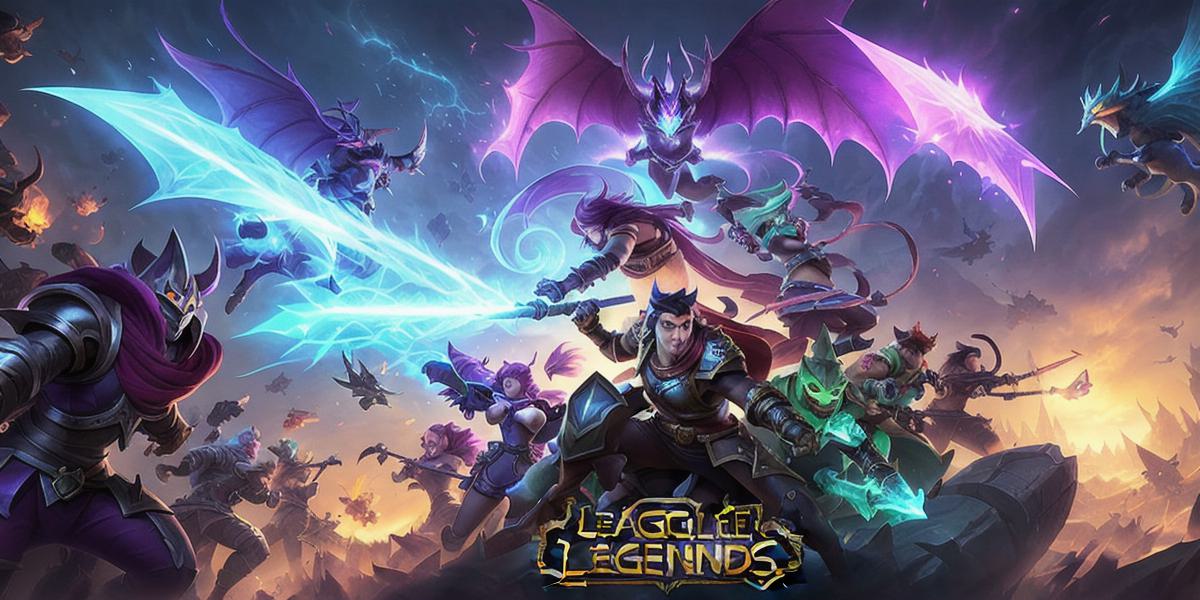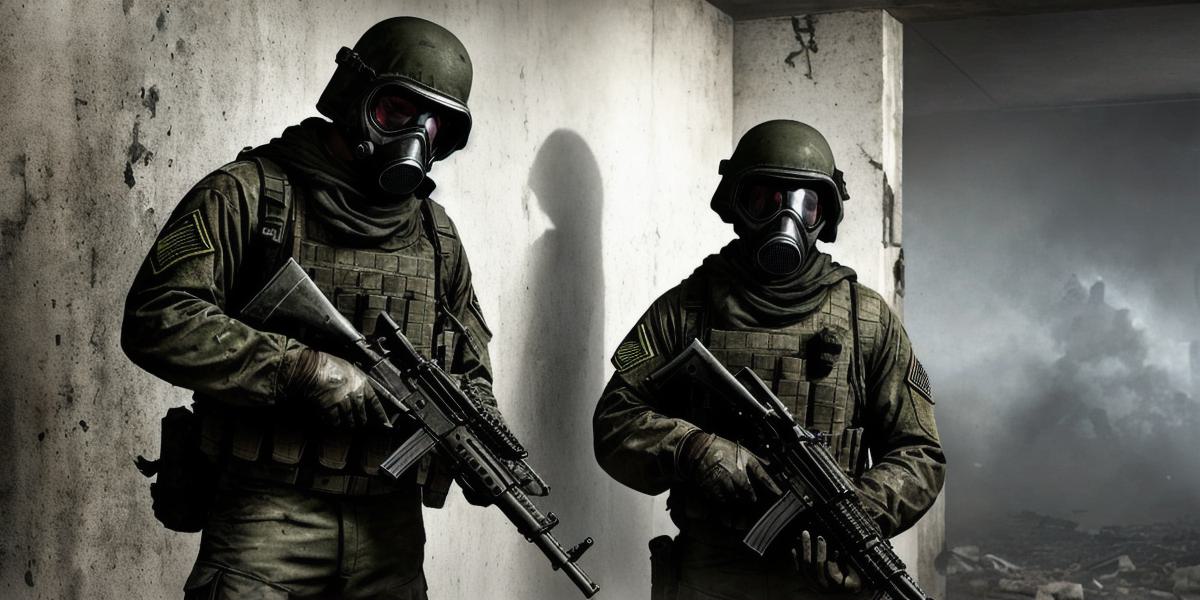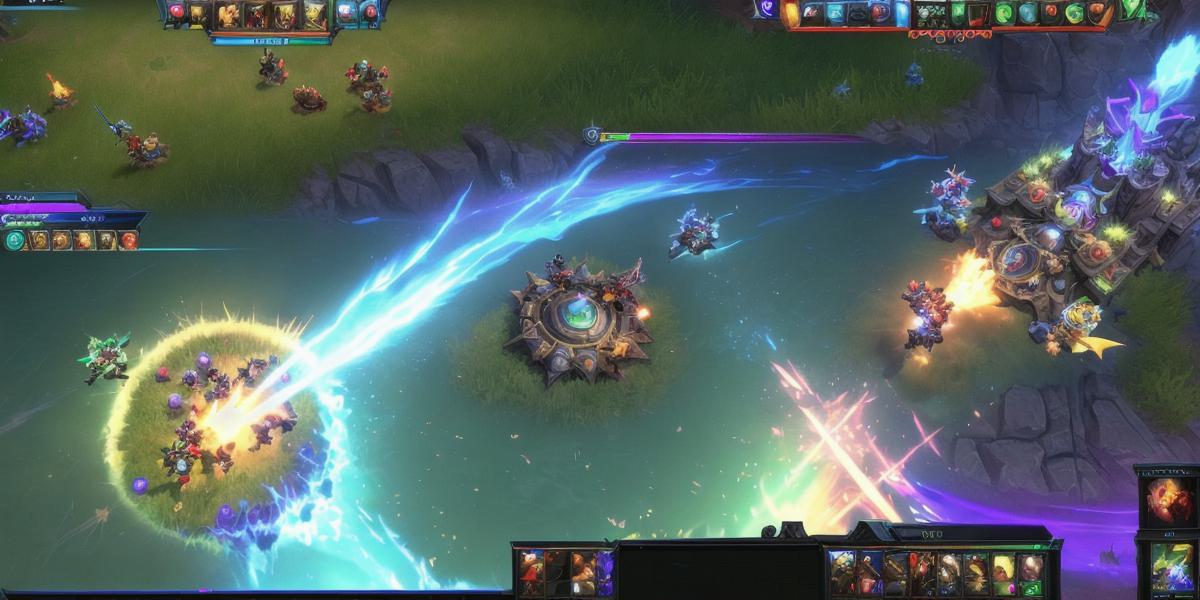League of Legends is a wildly popular multiplayer online game played by millions around the world. The question of who owns LoL has been debated for years, with some players arguing that it’s owned by Riot Games, while others claim it belongs to the players themselves. In this article, we’ll take a closer look at the ownership of League of Legends and explore what it means for players.
Ownership of LoL
League of Legends is developed and maintained by Riot Games, which was founded in 2009 by Brandon Beck and Mark Merrill. Riot is a private company that generates revenue through the sale of in-game items, advertising, and merchandise. The company also owns other popular games like Teamfight Tactics and Valorant.
While some players may argue that they own LoL because they invest time and money into the game, this is not entirely accurate. Riot retains all rights to the game, including ownership of the intellectual property, code, and data associated with it. This means that players cannot sell or transfer ownership of the game itself, but they can sell their in-game items and accounts to other players.
Player Rights and Responsibilities
Despite not owning the game, players have certain rights and responsibilities when it comes to LoL. Players are free to play the game as they see fit, and Riot cannot restrict their ability to do so. However, players must also abide by Riot’s terms of service and community guidelines, which prohibit cheating, harassment, and other forms of misconduct.
Players also have access to certain features of LoL that allow them to customize their experience, such as changing their character skins and selecting different maps and game modes. Additionally, players can participate in organized events and tournaments, which are often sponsored by Riot or third-party organizations.
Summary
In conclusion, while some may argue that they own League of Legends, the truth is that Riot Games retains all rights to the game and its intellectual property. Players have certain rights and responsibilities when it comes to LoL, but they cannot sell or transfer ownership of the game itself. Ultimately, the future of LoL and its ownership structure remains to be seen, but one thing is clear – the game will continue to evolve and grow in the coming years.



